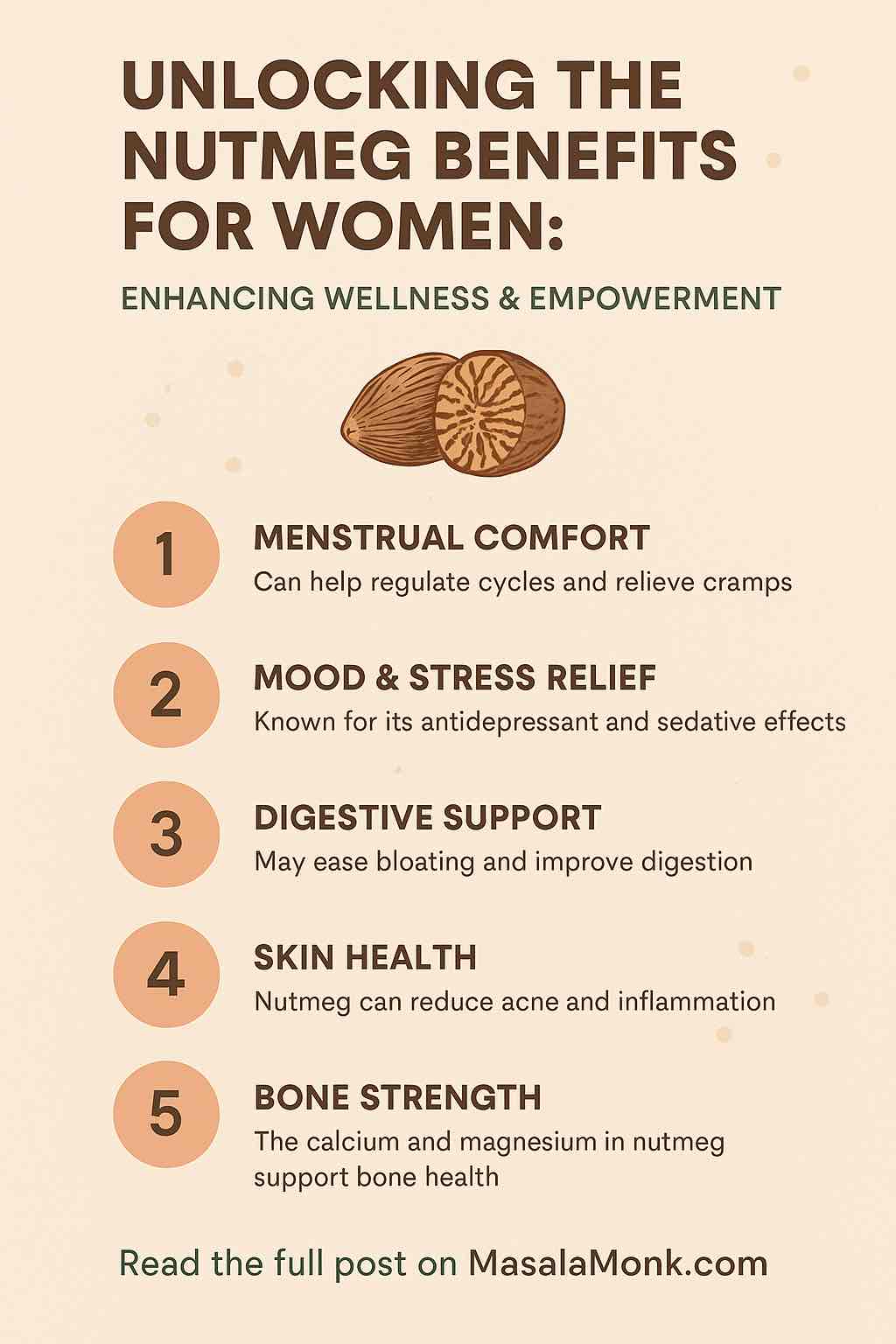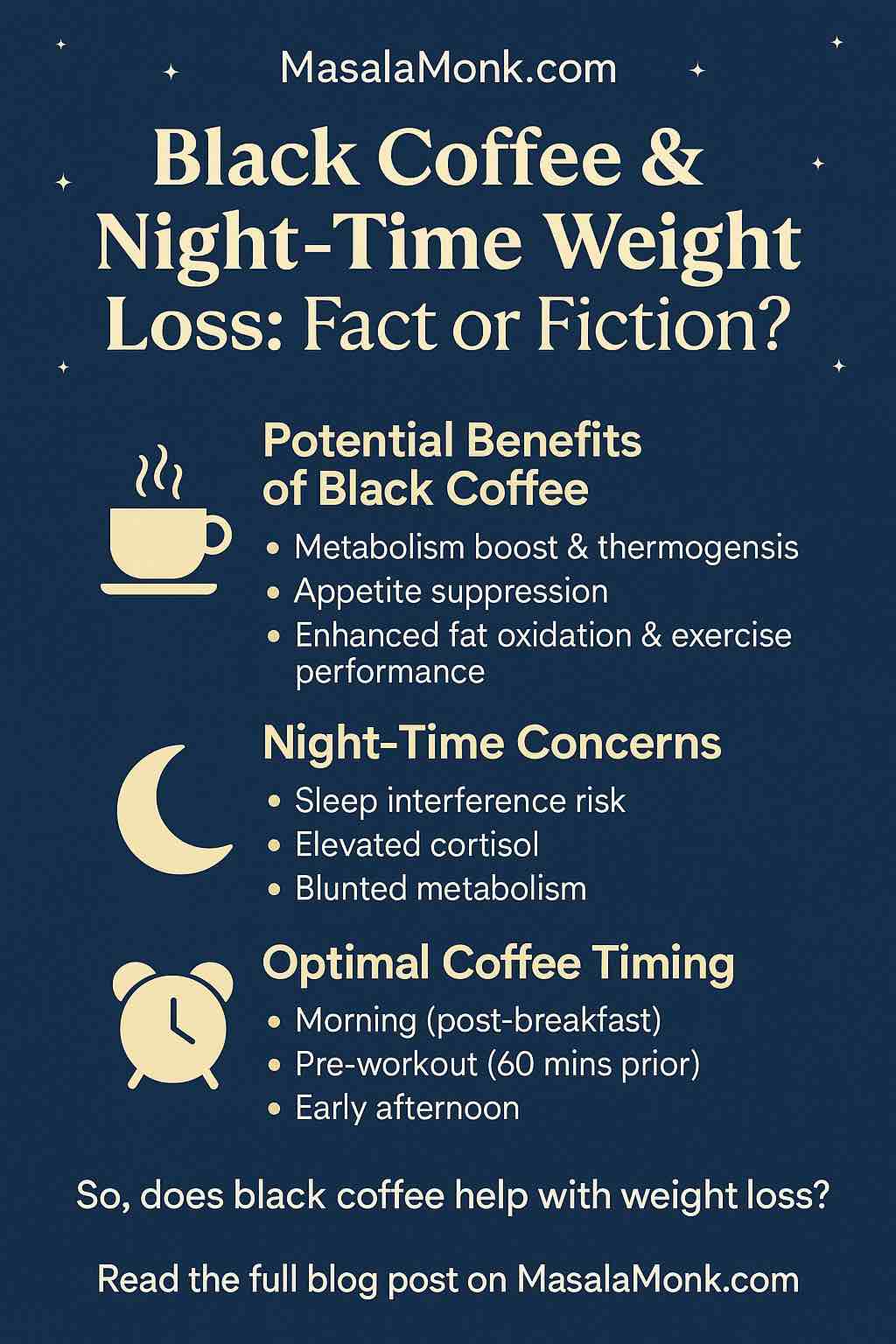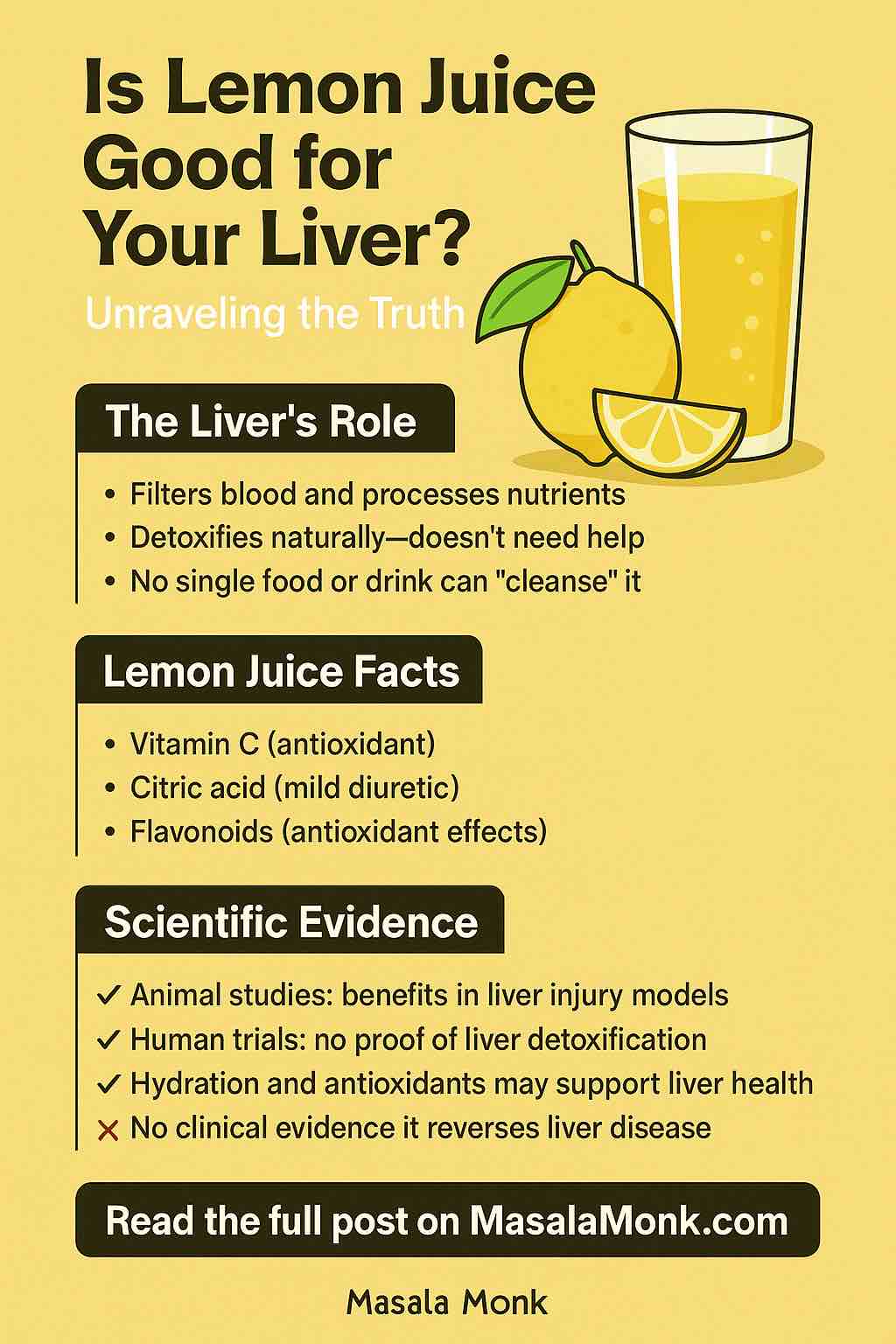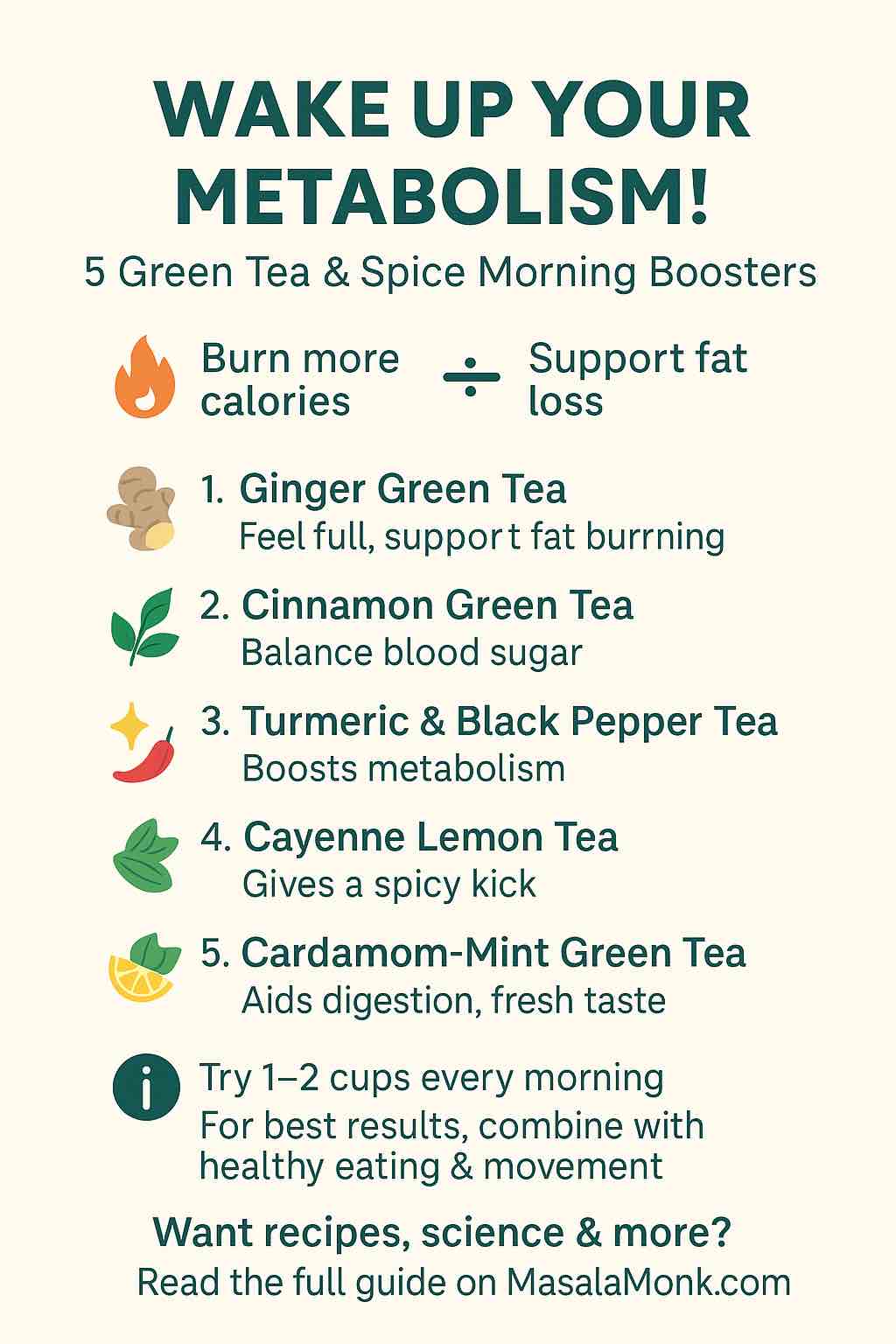
When you hear the word “nutmeg,” you might picture a cozy kitchen, the gentle aroma wafting from a freshly baked dessert, or a dash sprinkled atop your favorite latte. But did you know that this humble spice is far more than a flavor enhancer? For women, nutmeg has been celebrated for centuries—not only in traditional medicine but also by modern science—for its remarkable role in supporting holistic wellness.
In this post, we’ll journey into the history, science, and day-to-day applications of nutmeg for women’s health, covering menstrual comfort, mood balance, beauty, digestion, and much more. Plus, you’ll find practical tips and easy recipes to empower your wellness routine—safely and deliciously.
What is Nutmeg?
Nutmeg comes from the seeds of the Myristica fragrans tree, native to Indonesia but now beloved worldwide. It’s long been prized in Ayurveda, Unani, and traditional European medicine for its therapeutic effects—especially for women’s health.
Key Compounds in Nutmeg
- Myristicin, Elemicin, Eugenol: Support mood, digestion, and act as mild sedatives.
- Terpenoids & Flavonoids: Powerful antioxidants and anti-inflammatories.
- Essential Oils: Used in aromatherapy for pain relief and relaxation.
The Science: Why is Nutmeg Good for Women?
1. Menstrual Comfort & Hormonal Balance
Why it matters: Menstrual cramps and PMS affect millions of women, sometimes disrupting daily life. Nutmeg has a tradition of soothing these symptoms.
- What the science says:
Multiple studies (including a meta-analysis of aromatherapy trials) show that topical nutmeg essential oil—massaged on the lower abdomen—can significantly reduce menstrual pain. Nutmeg’s natural anti-inflammatory and antispasmodic effects help relax uterine muscles, easing discomfort .
Try this:
Mix 3–5 drops of nutmeg essential oil into 2 tbsp of coconut oil. Gently massage onto your lower abdomen during cramps. (Always patch test first.)
2. Mood Uplift & Stress Reduction
Why it matters: Women often juggle multiple roles, making emotional resilience vital.
- What the science says:
Nutmeg contains myristicin and elemicin, compounds shown in animal studies to have mild antidepressant and sedative effects. They help modulate serotonin and dopamine—chemicals involved in mood, relaxation, and sleep .
Try this:
Add a pinch (1/4 tsp) of nutmeg powder to warm milk or herbal tea before bed to wind down and support restful sleep.
3. Digestive Ease
Why it matters: Digestive complaints—bloating, gas, mild cramps—are common in women.
- What the science says:
Nutmeg’s carminative oils (eugenol, pinene) help soothe the digestive tract, reduce gas and bloating, and can gently stimulate digestion .
Try this:
Sprinkle nutmeg into soups or smoothies, or brew a “digestive tea” (see recipe below).
4. Glowing Skin & Beauty
Why it matters: Hormonal changes can lead to breakouts or dull skin.
- What the science says:
Nutmeg is antimicrobial and anti-inflammatory. Preliminary studies and traditional use suggest it can calm acne, reduce redness, and even out pigmentation when used topically .
Try this:
Mix 1/4 tsp nutmeg powder with 1 tsp honey or yogurt. Apply as a gentle face mask for 5–10 minutes, then rinse. Patch test to avoid sensitivity.
5. Bone Health
Nutmeg provides trace minerals—magnesium, calcium, phosphorus—which support bone strength. While not a primary source, every bit helps in a balanced diet.
Practical Ways to Add Nutmeg to Your Life
Culinary Ideas
- Golden Nutmeg Latte:
Combine 1 cup milk (any kind), 1/2 tsp turmeric, 1/4 tsp nutmeg, pinch of black pepper, sweetener to taste. Warm and whisk until frothy. - Spiced Oatmeal:
Add 1/4 tsp nutmeg and 1/2 tsp cinnamon to your morning oats. - Digestive Tea:
Steep a cinnamon stick, a few cloves, and 1/4 tsp nutmeg in hot water for 5 minutes. Add honey if desired.
Beauty Routine
- Nutmeg Spot Mask:
Mix nutmeg and honey, apply to blemishes, let sit 10 minutes, then rinse. - Soothing Bath:
Add a few drops of nutmeg oil to your bath (diluted in a carrier oil) for relaxation.
Aromatherapy
- Diffuse nutmeg oil (2–3 drops) to create a calming atmosphere in your living or work space.
Safety First: How Much is Too Much?
Nutmeg is potent. While culinary amounts (up to 1/2 tsp per day) are safe for most people, large doses can be toxic (nausea, dizziness, hallucinations, heart issues). Pregnant women and those on certain medications should consult a doctor before using nutmeg medicinally.
Topical tips: Always dilute essential oil and patch test before using on skin.
Conclusion
From comforting menstrual cramps and uplifting mood to glowing skin and improved digestion, nutmeg is a simple, affordable, and powerful ally for women’s wellness. Harness its ancient wisdom and modern science—just a pinch at a time.
Remember: Moderation is your best friend. Enjoy nutmeg as part of a balanced routine, and always listen to your body.
References
- Meta-analysis of Aromatherapy for Dysmenorrhea
- Nutmeg: A Review of Biological Activities
- Nutmeg for Digestion
- Nutmeg in Skin Care
FAQs
1. How much nutmeg is safe to consume daily?
Most experts recommend no more than ¼ to ½ teaspoon of nutmeg powder per day in food or beverages. Larger doses can cause side effects like nausea, dizziness, or even hallucinations.
2. Can nutmeg really relieve menstrual cramps?
Yes, both traditional use and modern research (especially aromatherapy and topical use) support nutmeg’s ability to ease menstrual pain due to its antispasmodic and anti-inflammatory properties.
3. Is nutmeg safe during pregnancy or breastfeeding?
Culinary use in small amounts is generally considered safe, but large or medicinal doses can be risky and may stimulate the uterus. Always consult your healthcare provider first.
4. How does nutmeg improve sleep quality?
Nutmeg contains compounds like myristicin that have mild sedative effects, helping relax the mind and body for better sleep, especially when mixed with warm milk or herbal tea.
5. Can nutmeg help with stress and mood swings?
Yes, animal studies and traditional practice suggest nutmeg may help uplift mood and reduce anxiety due to its mild antidepressant and calming effects.
6. What are the best ways to use nutmeg for skin care?
Nutmeg powder can be combined with honey or yogurt to create a gentle, anti-inflammatory face mask that may help with acne and redness. Always patch test first.
7. Can nutmeg be used for digestive problems?
Yes, nutmeg is carminative—helping relieve gas, bloating, and mild stomach discomfort. It can be added to teas or dishes to support healthy digestion.
8. Are there any risks of nutmeg allergies?
Some people may experience allergic reactions or skin irritation, especially with topical use. Patch test before applying to skin, and discontinue use if any irritation develops.
9. Does nutmeg have any drug interactions?
High doses may interact with certain medications (like MAO inhibitors or antidepressants). Culinary use is generally safe, but check with your doctor if you take prescription medication.
10. How soon will I notice nutmeg’s benefits?
Some benefits, like menstrual pain relief or sleep support, may be felt within hours. Others, like digestive or skin improvements, may require several days of consistent use.













